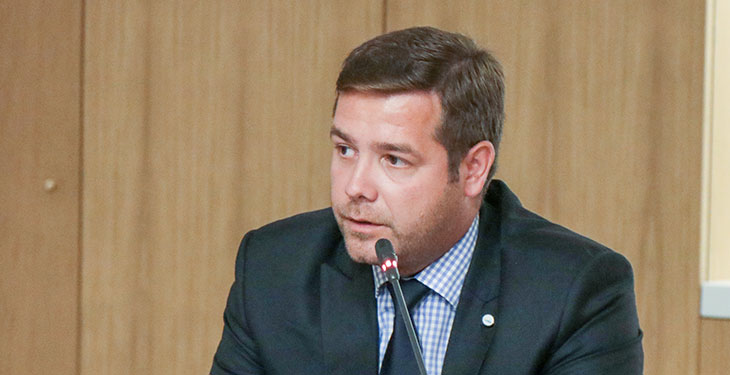Romania will go through a period of big decisions, new regulations will emerge in the market that will align the European energy market and the inclusion of small producers and consumers in the network will cause major changes, says Martin Moise, vice president of Patres, during the energynomics.ro conference for the launch of the Energy Strategy Summit 2018 report.
The price of technology is shrinking, and the fall in storage prices could increase the break-even point for small investments. Household consumption and prosumerism could increase, especially due to the new tax exemption provisions (all taxes, including connection fees), and the break-even, now cranked for an average of 6 kw installed at 15-20 years, could descend even under 10 years, once the cost of batteries drops, and self-consumption increases from 25% to 50%.
The installation costs of 1,500-1,600 euro per KW installed could be supported by the Environment Fund, which will open a funding program for prosumers – with funds estimated now at 50-70 million euros, which could cover around of 20,000 households.
“Without this aid, investments will be quite selective,” says Moise.
In the future, Romania must take into account the 3 D: decarbonisation, decentralization and digitization, which will bring major changes in the market. In 2021 we will have a new Pan-European Network Code, the settlement interval will drop from 1 hour to 15 minutes, which will be a challenge, even in the field of commercial transactions, totally changing the balancing market. Romania will also be faced with a new challenge, given that the introduction of smart meters has been postponed, explains Moses.
“The balancing market will be integrated, and that will be the biggest challenge,” Moise said.
“There will be virtual plants that will include consumers. There are even Romanian companies that develop, with the help of blockchain technology, global peer-to-peer trading platforms that can go from the producer directly to the consumer. The way in which energy is traded will undergo great mutations, and Romania will have a lot to do,” commented Moise.

